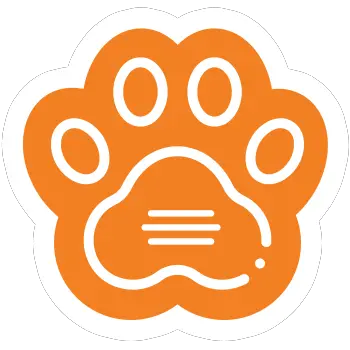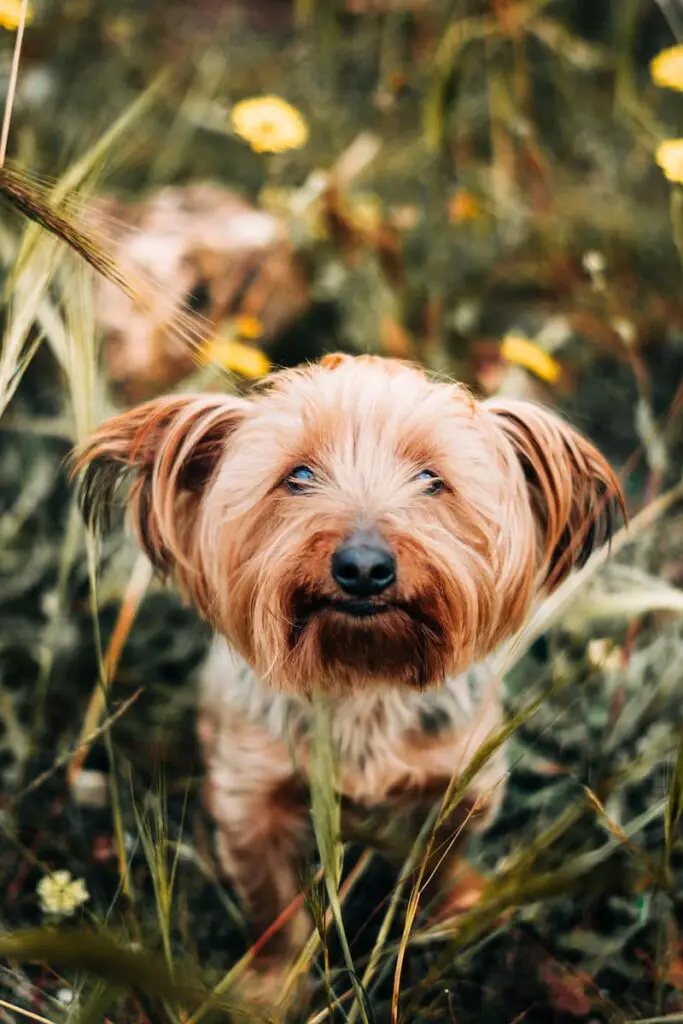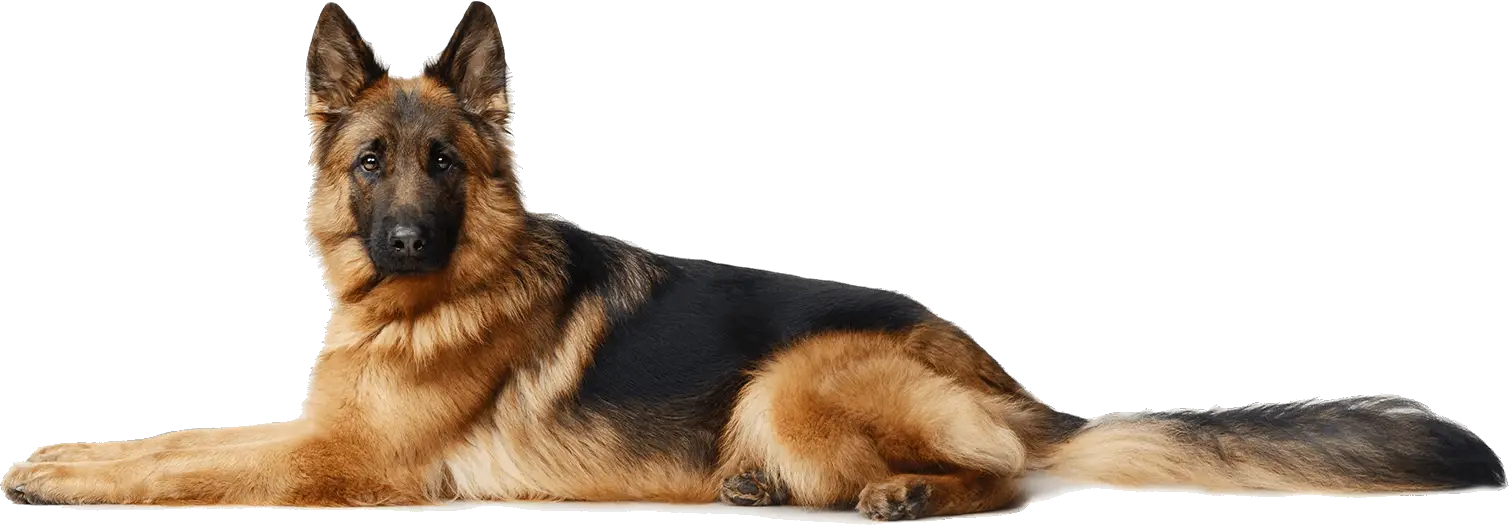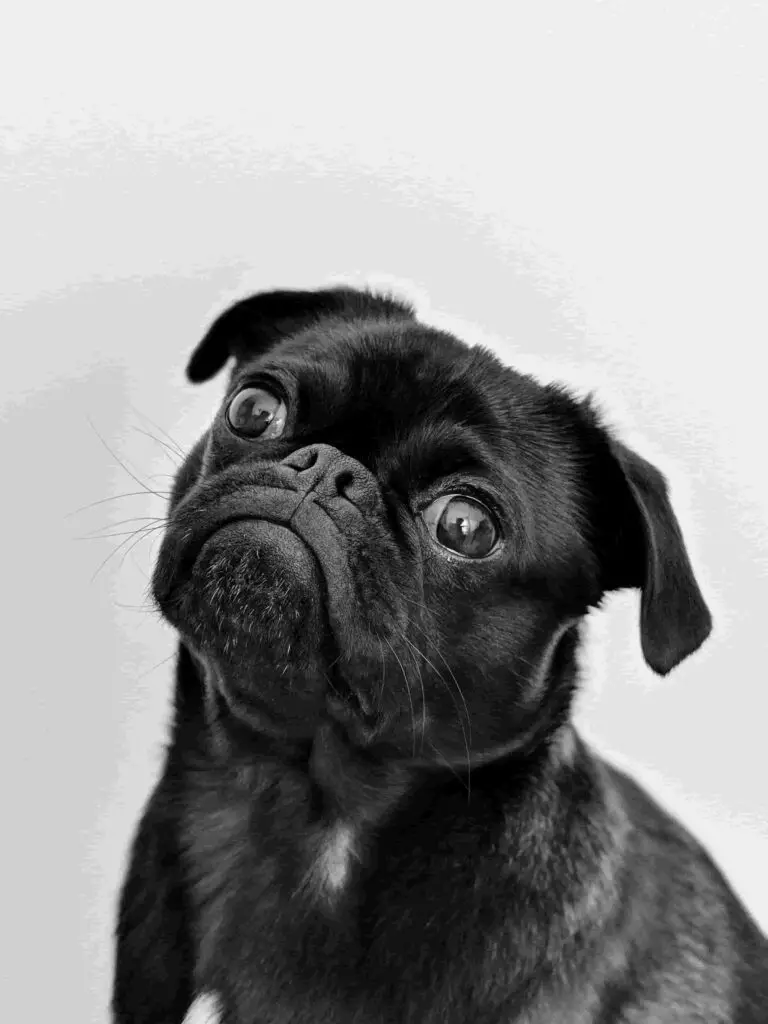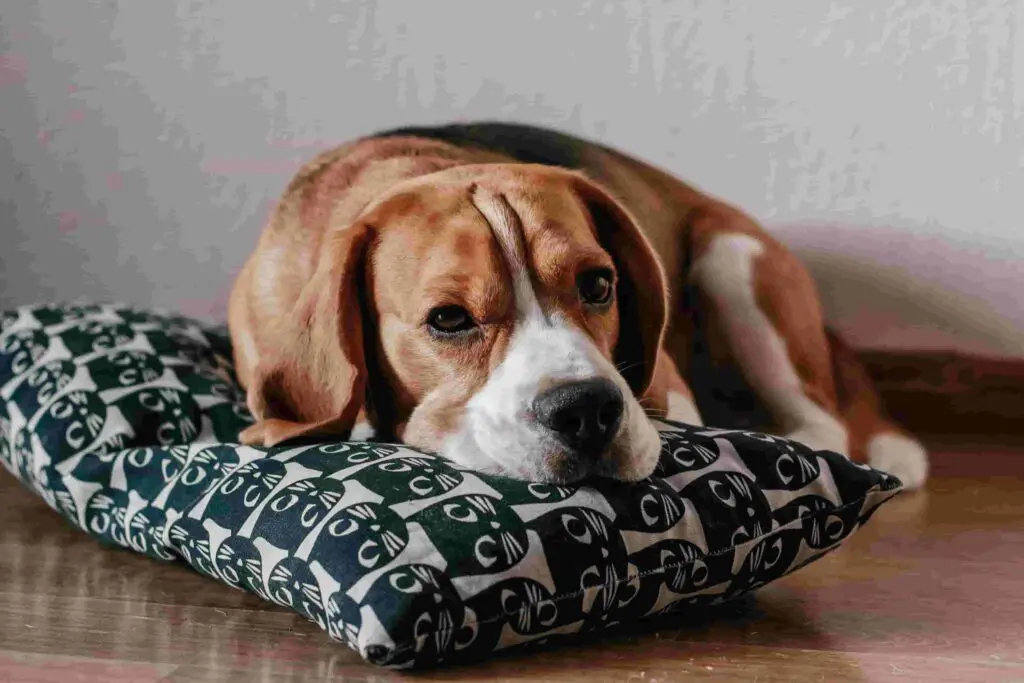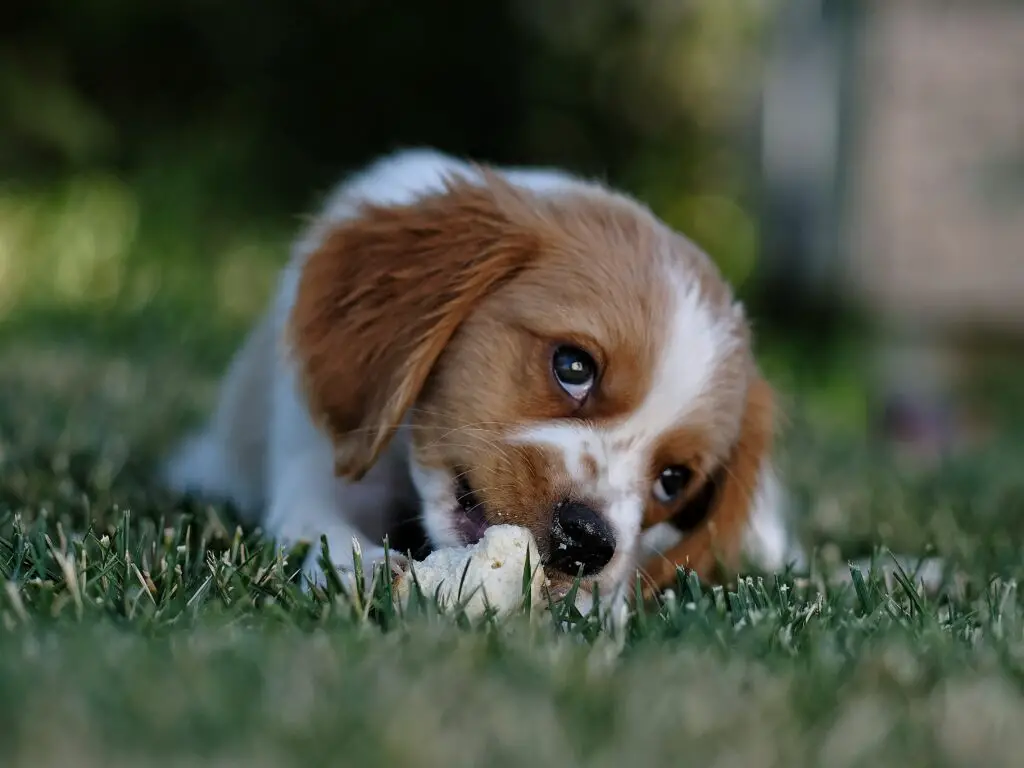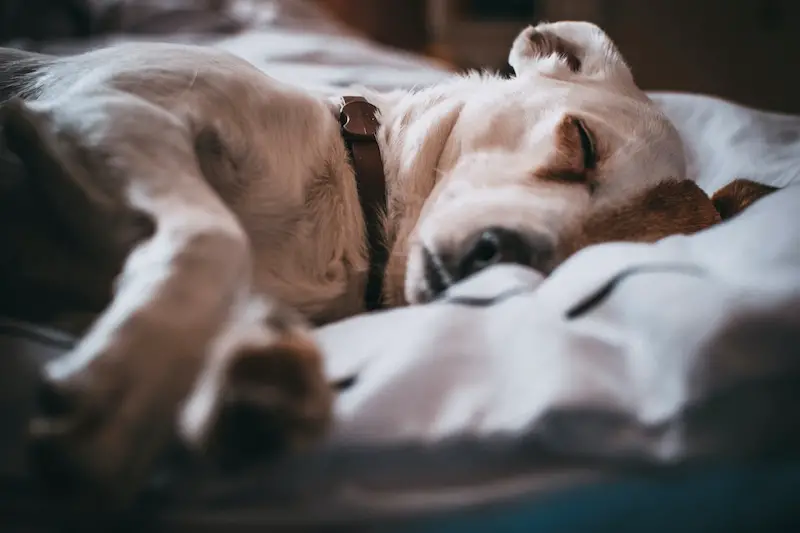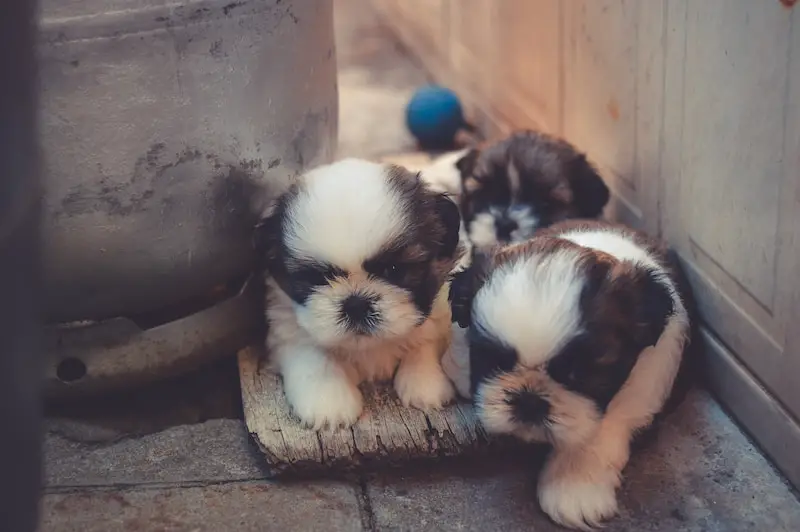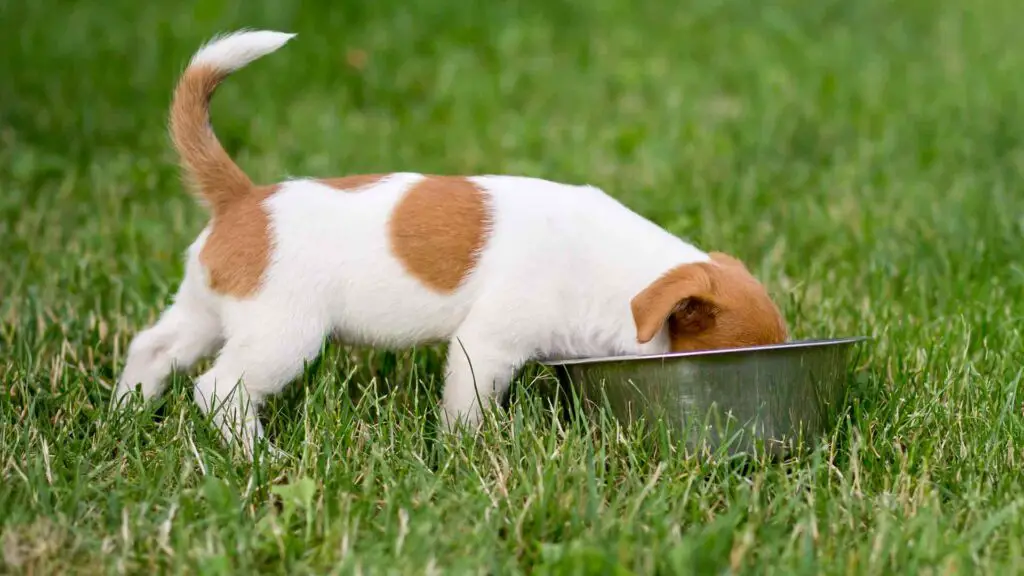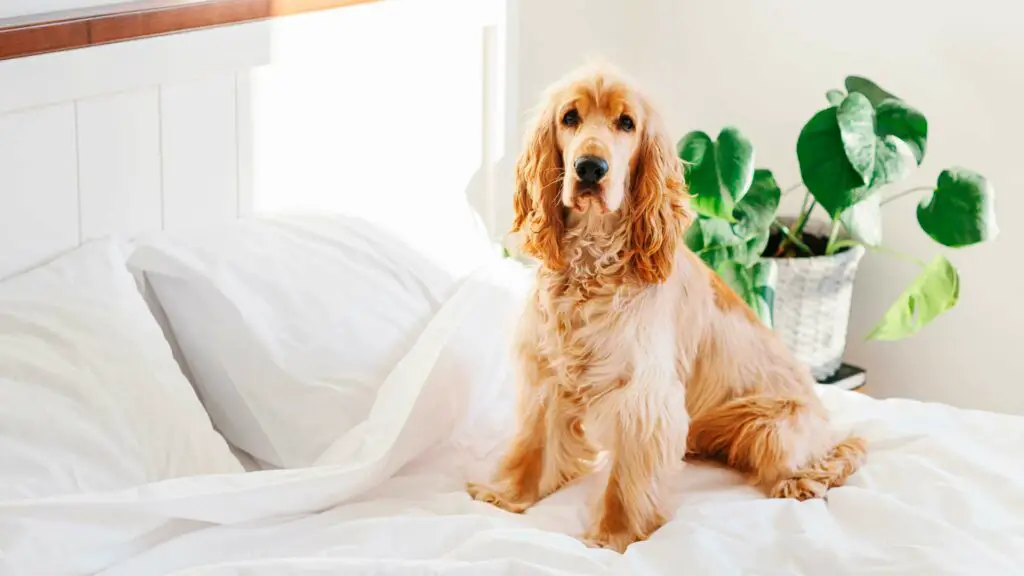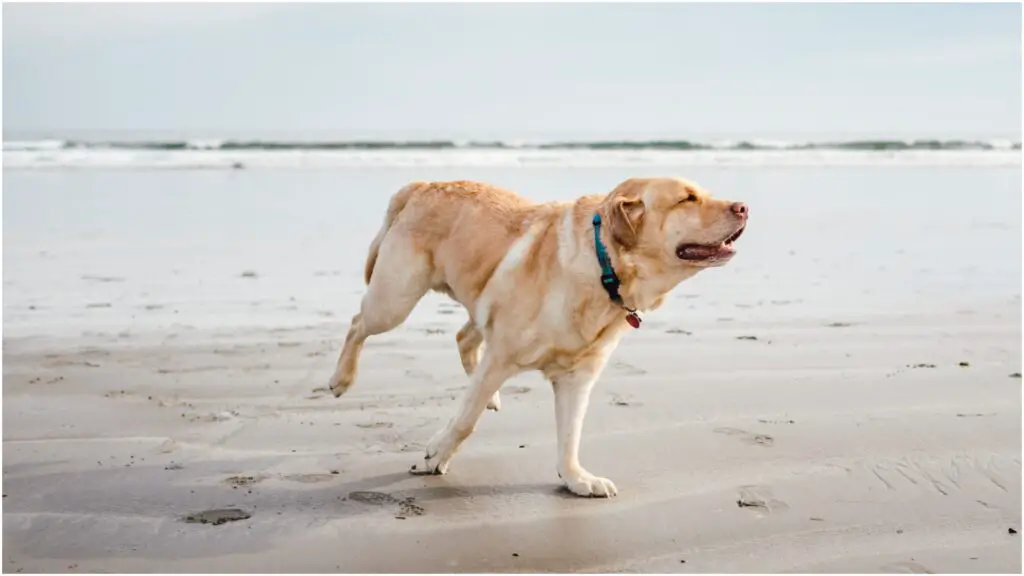Why Does My Dog Eat Cat Poop?
Initially, I found this amusing since dogs and cats have such a bizarre relationship. Don’t you think?
Unlike many other mammals, cats derive their primary source of energy from proteins. Their liver is constantly in high drive, using enzymes to fuel the body.
As a result, cat food has significantly higher amounts of protein than regular dog chaw.
It’s the main reason why dogs may rummage through a feline litter box.
Why Does My Dog Eat Rabbit Poop?
Rabbits (and most herbivores) have enlarged intestines. These structures grant them more time to digest fibrous cellulite from grass and hay.
When a dog eats rabbit poop, it’s in search of pre-digested micronutrients. Rabbit manure is rich in
- Potassium;
- Phosphorus;
- Nitrogen;
- Calcium;
- Magnesium;
- Zinc; and
- Other trace elements.
A combination of these minerals helps improve and maintain muscle and bone health in canines. Their physiology isn’t that different from ours.
Why Does My Dog Eat Deer Poop?
Deers are what we like to call ruminants. Their digestive tract consists of four compartments that help degrade food into healthful compounds.
Normal deer diets constitute mainly grass and leaves. Pretty dull.
Wild creatures don’t have the luxury of eating feed with added nutritional value. That’s where the multiple stomachs come in – to ensure the deer get as much as they can out of starchy meals.
It may take a lot of energy, but natural food sources still provide them with enough critical minerals. And because of the deer’s intricate gut system, its poop is high in nitrogen and other partially digested substances.
Dogs suffering from malabsorption or pancreatic disease depend on enzymes like trypsin, amylase, and lipase to break down proteins, carbs, and fats. All these are present in deer poop.
Strangely, canines seem to like deer feces a bit more than other kinds. The facts might gross you out – I apologize. But it’s one of the things dogs search for eagerly during your regular walks through the forest.
Why Does My Dog Eat Goose Poop?
Geese generally have healthy diets. They feast on raw greens (shoots, roots, and stems) and some varieties of berries.
For whatever reason, canines find the strong smell and thick consistency of fiber-filled stool quite the attraction. But, of course, that isn’t the only reason. Most dogs eat goose poop to treat parasitic conditions.
No matter how often you feed Fido, the microbes will suck away their nutrition. Thus, your dog attempts to replenish those stores with minerals found in nearby droppings.
The early canine ancestors used this technique first to remedy their ailments. Nature can be brutal on a pup; sometimes, they have no choice but to go with their intuition.
Why Does My Dog Eat Chicken Poop?
If you’re into agriculture, you’d know that chicken manure is an excellent fertilizer. It contains substantial levels of essential plant minerals like zinc, manganese, copper, and iron.
Your dog knows that, too. That’s why both young and adult canines love sniffing out poultry poop around the yard.
Why Does My Dog Eat Bird Poop?
There’s a simple reason as to why dogs eat bird poop. Canine bodies can’t produce many of the enzymes needed to metabolize leafy greens. But since many dog food brands include plant-based ingredients, they’ll have to find some way to break down their meals.
Most small birds are herbivores – meaning they thrive on plants as their only energy source. As a result, their stool contains high levels of starch-digesting compounds like Vitamin B1, B9, and B12.
Bird poop, among others, would seem like the jackpot for your furry companion. Unfortunately, that may be far from true.

